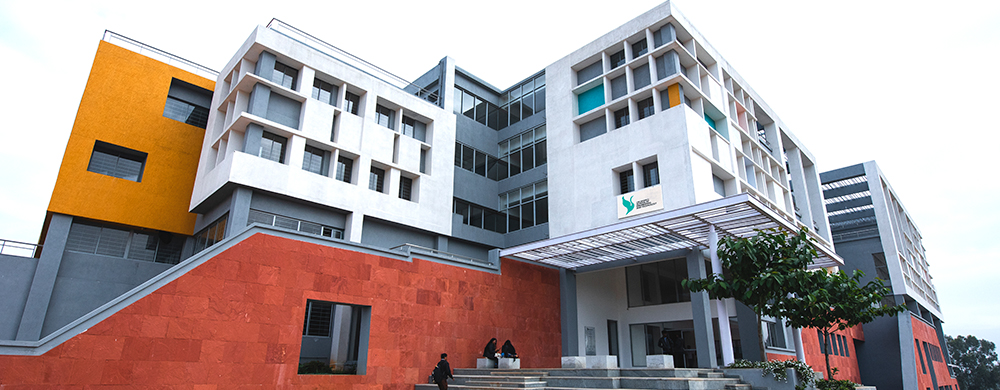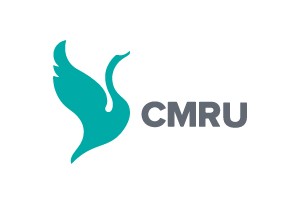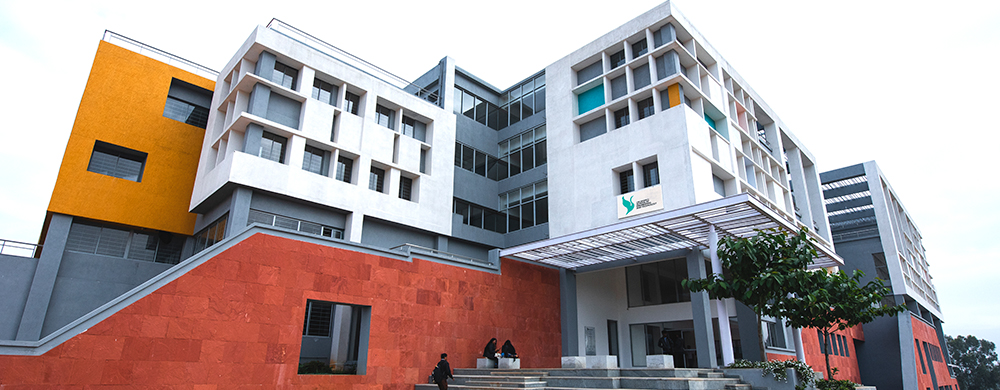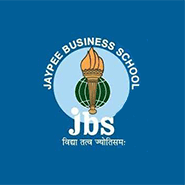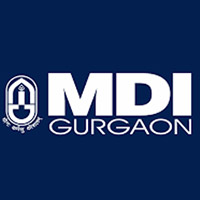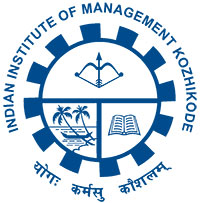Computer Science & Engineering
Programme Structure
The computer science syllabus for each semester is as given below:
The computer science program at CMR University is ranked highly and is often compared to the top computer science engineering colleges in Karnataka.
I / II SEMESTER (PHYSICS CYCLE)
I / II SEMESTER (CHEMISTRY CYCLE)
III SEMESTER
IV SEMESTER
V SEMESTER
VI SEMESTER
VII SEMESTER
VIII SEMESTER
OPEN ELECTIVE I
PROFESSIONAL ELECTIVE I
PROFESSIONAL ELECTIVE II
PROFESSIONAL ELECTIVE III & IV
OPEN ELECTIVE II
Programme Assessment
Choice-Based Credit System (CBCS): The university follows CBCS, which allows students to choose courses and earn credits based on their performance
Grades and GPA: Students are awarded grades for each course in a semester, and their Semester Grade Point Average (SGPA) is calculated to measure their academic performance. Cumulative Grade Point Average (CGPA) is used to evaluate the overall performance of a student across all semesters.
Prescribed Curriculum: Each program has a prescribed curriculum or Scheme of Teaching and Evaluation, which includes the required courses, laboratories, and other degree requirements. It also incorporates SWAYAM and Massive Open Online Courses (MOOCs) offered by reputed institutions.
Auditing Courses: Students have the option to audit courses, which allows them to gain additional exposure without the pressure of obtaining a grade. This can give them an advantage in placements.
Evaluation System: The evaluation of students is comprehensive and continuous throughout the semester. It consists of Continuous Internal Evaluation (CIE) and Semester End Examination (SEE). CIE and SEE carry equal weightage of 50% each, resulting in a total evaluation of 100 marks for each course, regardless of its credit value.
Assessment Methods: Before each semester, faculty members may choose assessment methods such as assignments, seminars, quizzes, group discussions, case studies, practical activities, class presentations, industry reports, etc., with suitable weightage for each.
Semester End Examination: A Semester End Examination is conducted for all registered courses at the end of each semester. However, some courses that already have Continuous Internal Evaluation may not require a SEE. Makeup Examinations: Students who fail the Semester End Examination in one or more courses are eligible for makeup examinations, which provide an opportunity to retake the failed exams and improve their grades.
Programme Outcome
Engineering Knowledge: Apply the knowledge of Mathematics, Science, Engineering Fundamentals, and an engineering specialization for solving complex engineering problems.
Engineering Knowledge: Apply the knowledge of Mathematics, Science, Engineering Fundamentals, and an engineering specialization for solving complex engineering problems.
Design/Development of Solutions: Design solutions for complex Engineering problems and Design System Components or processes that meet the specified needs with appropriate consideration for the public health and safety, and the cultural, societal, and environmental considerations.
Conduct investigations of complex problems: Use research–based knowledge and research methods including Design of Experiments, Analysis and Interpretation of data, and synthesis of information to provide valid conclusions.
Modern Tool usage: Create, select, and apply; appropriate techniques, resources, and modern engineering and IT tools including Prediction and Modeling; to complex engineering activities with an understanding of the limitations.
The Engineer and Society: Apply, reasoning informed by the contextual knowledge to assess Societal, Health, Safety, Legal and Cultural issues and the consequent responsibilities relevant to the professional Engineering practice.
Environment and sustainability: Understand the impact of the professional Engineering solutions in Societal and Environmental contexts, and demonstrate the knowledge of, and need for sustainable development.
Ethics: Apply ethical principles and commit to professional ethics and responsibilities and norms of the Engineering practice.
Individual and team work: Function effectively as an individual, and as a member or leader in diverse teams, and in multidisciplinary settings.
Communication: Communicate effectively on complex Engineering activities with the Engineering community and with society at large, such as, being able to comprehend and write effective reports and design documentation, make effective presentations, and give & receive clear instructions.
Project Management and Finance: Demonstrate knowledge and understanding of the Engineering and Management principles and apply these to one’s own work, as a member and leader in a team, to manage projects and in multidisciplinary environments.
Life–long learning: Recognize the need for, and have the preparation and ability to engage in independent and life–long learning in the broadest context of technological change.
